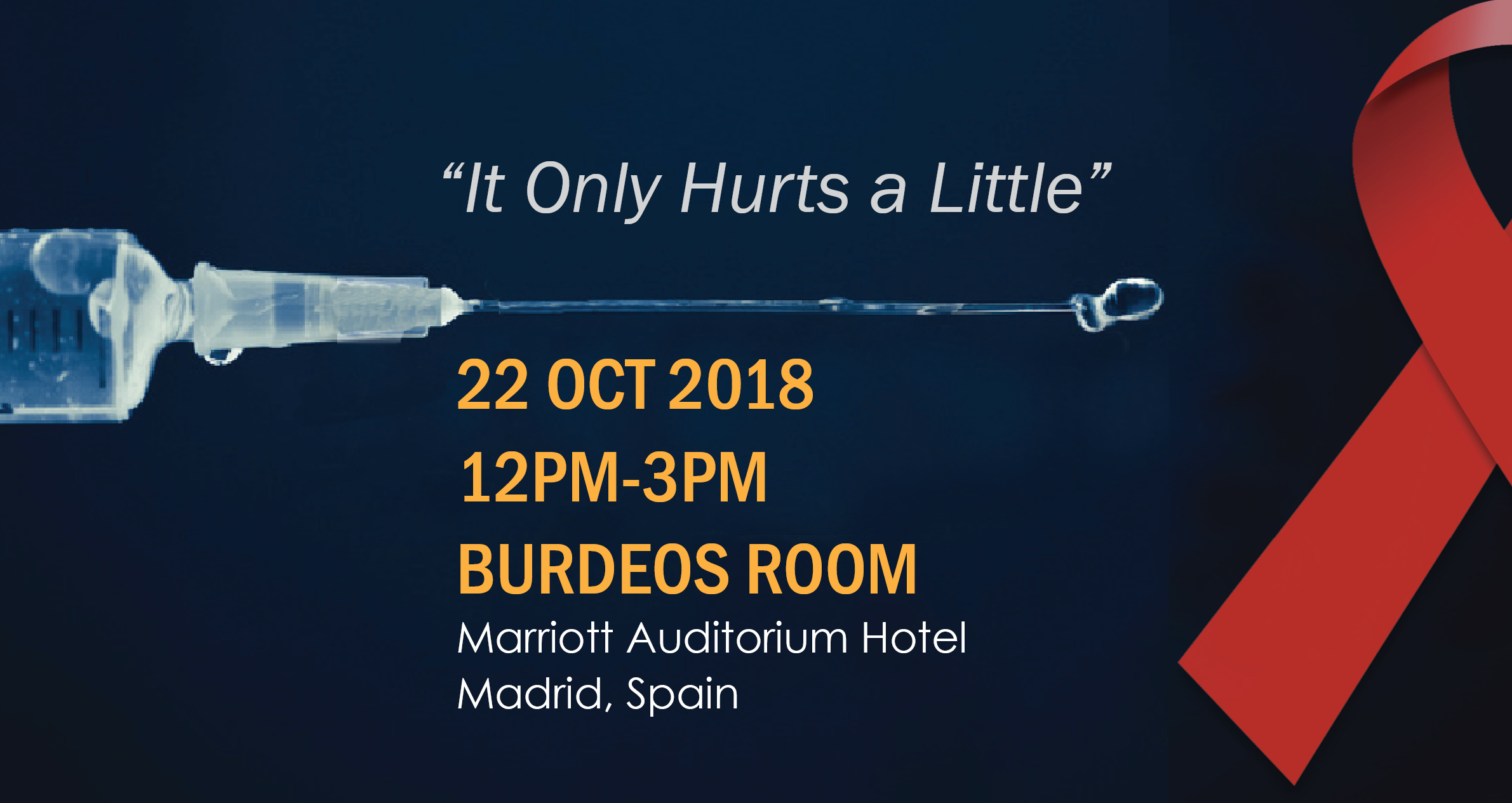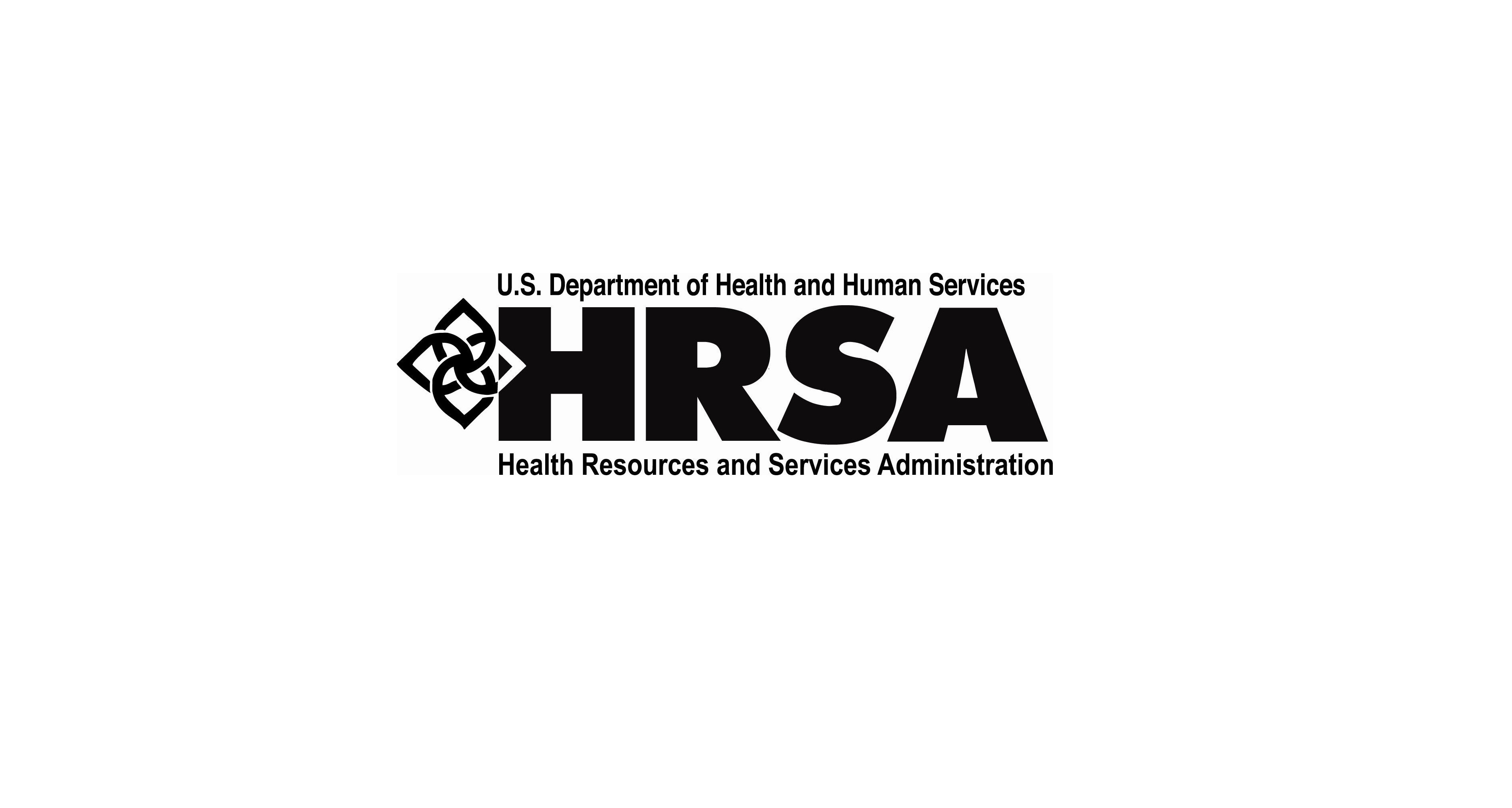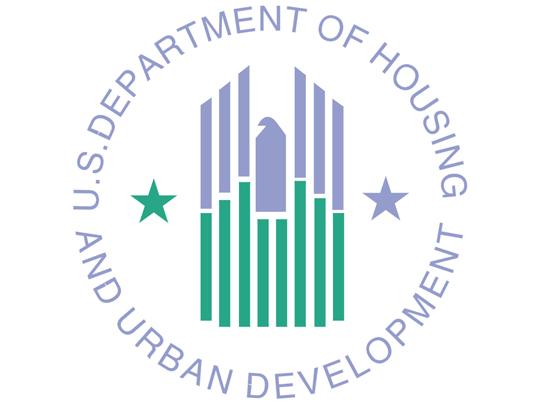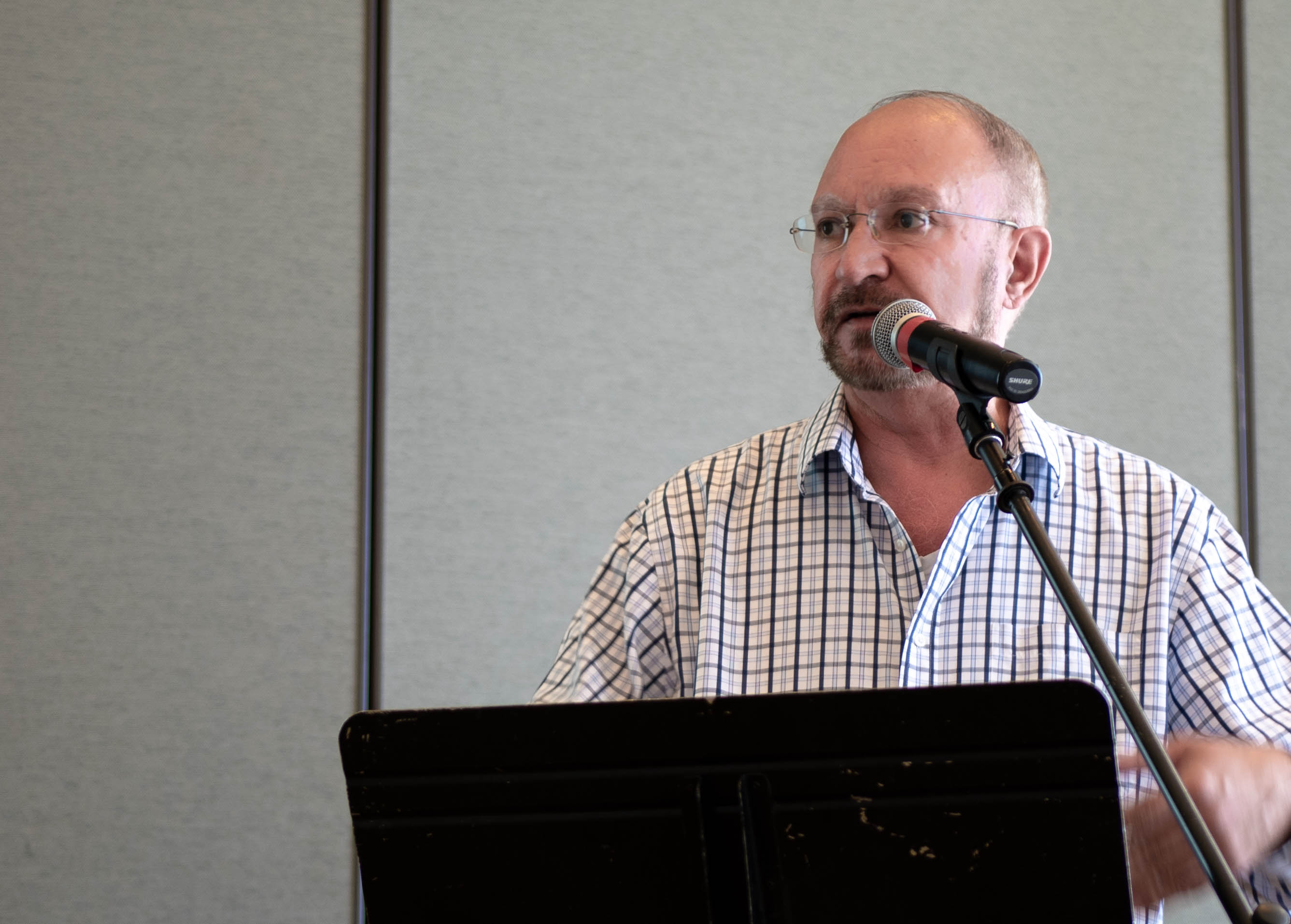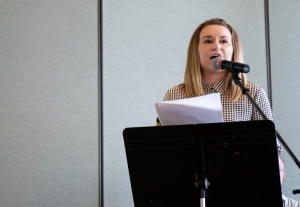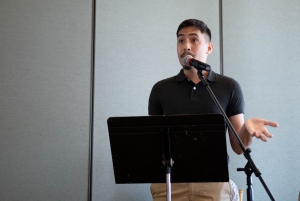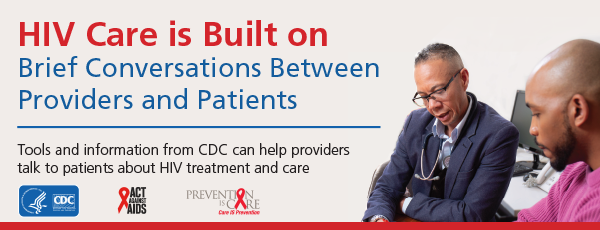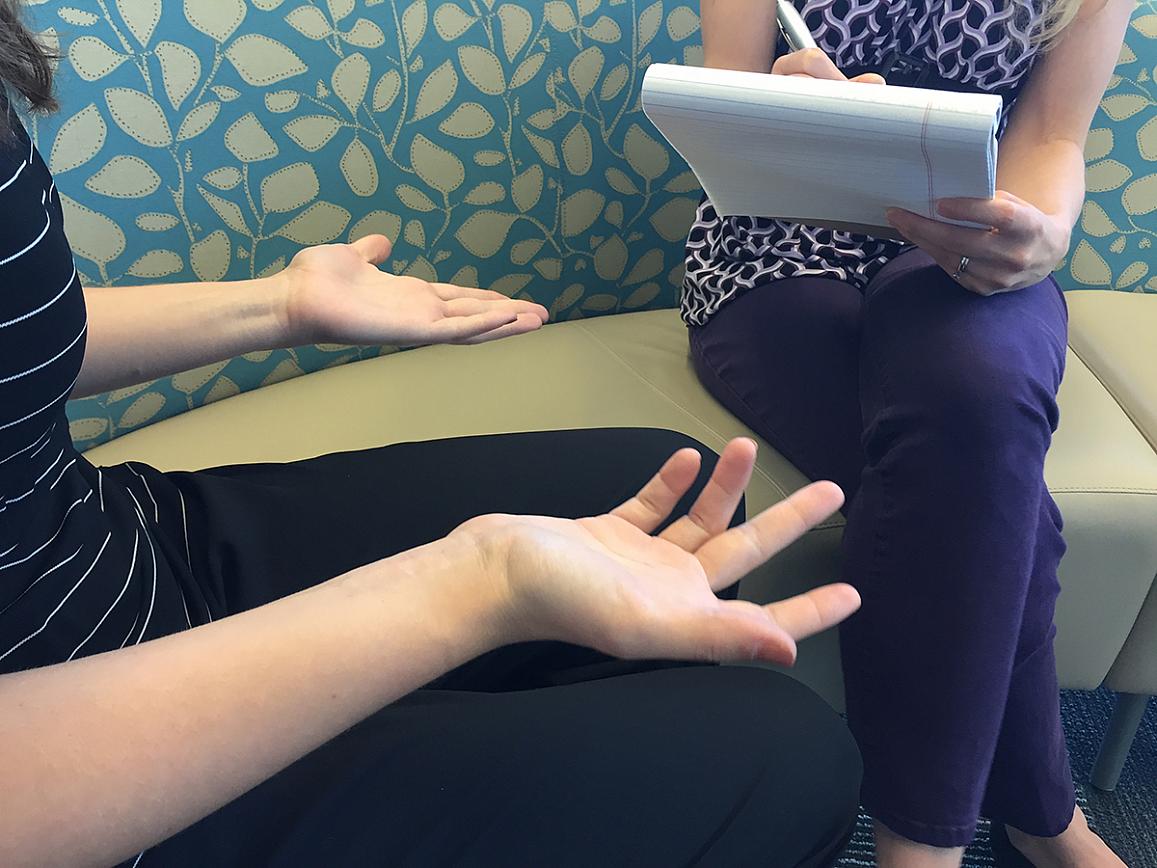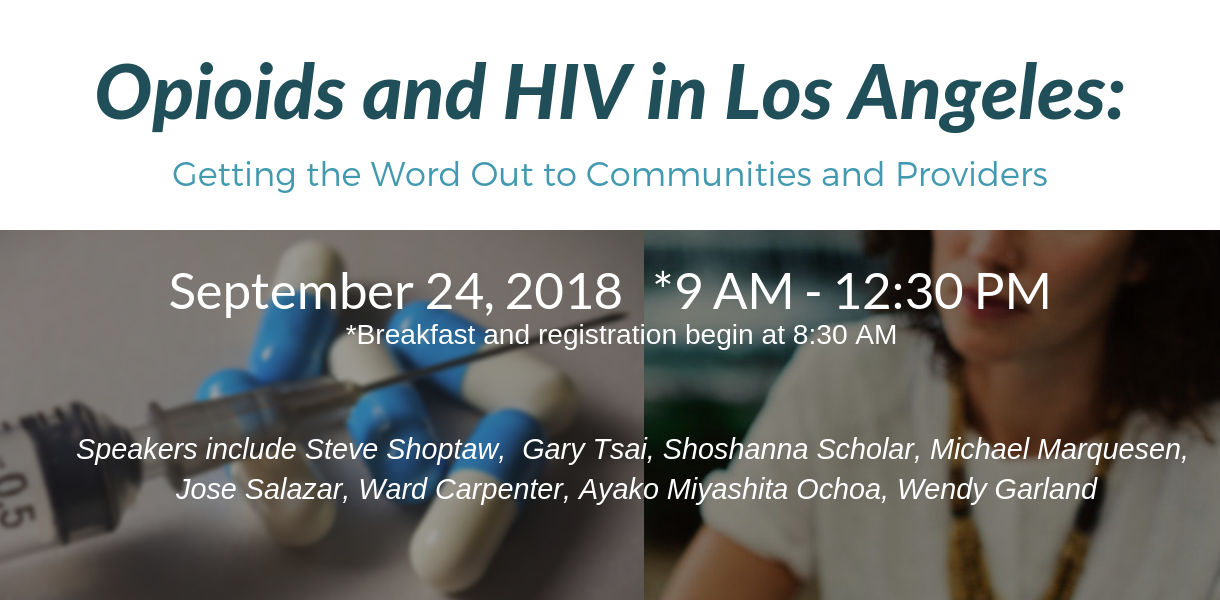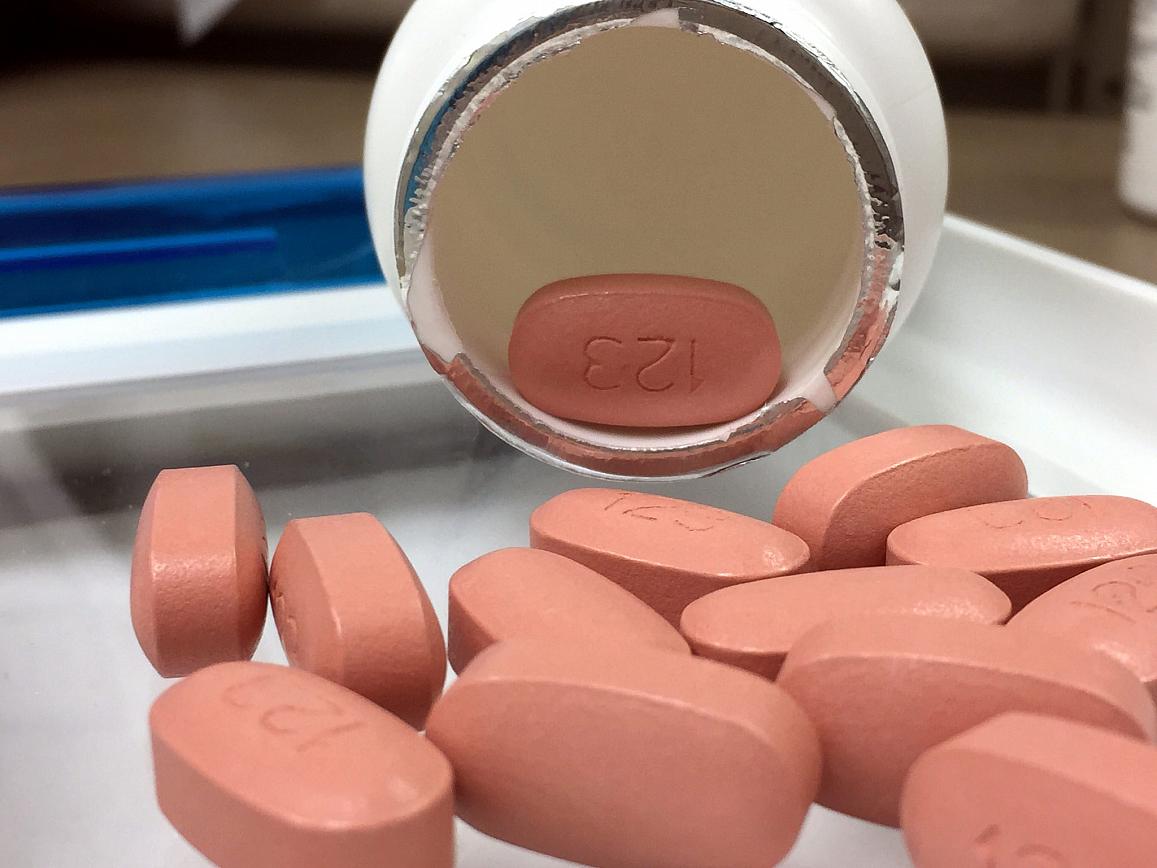We held our pre-conference satellite session, “It Only Hurts a Little: Long-Acting Injectables for HIV Prevention and Treatment,” at the HIV Research For Prevention (HIVR4P) Conference in Madrid, Spain on Monday, October 22, 2018. With a full house, we had great conversations on both of our moderated panels discussing the clinical, behavioral, policy, and community considerations associated with the implementation of long-acting injectable antiretrovirals for both HIV prevention and treatment.
We, at the Center for HIV Identification, Prevention, and Treatment Services (CHIPTS), were thrilled to hold this satellite session in collaboration with the HIV Prevention Trials Network, AIDS Clinical Trials Group, and UCLA Center for AIDS Research.
Photos from the event will be up soon so make sure to like our Facebook page or follow us on Twitter for the latest updates! To learn more about future events such as this one, make sure to subscribe to our listserv.
Agenda
11:30 Lunch and Registration
12:00 Welcome
12:10 Opening Remarks – Steve Shoptaw, PhD
12:20 Panel 1: Preparing for Long Acting Injectable for Prevention
- Raphael Landovitz, MD, MSc (Moderator)
CHIPTS, University of California, Los Angeles, USA - Beatriz Grinsztejn, MD, PhD
Instituto Nacional de Infectologia Evandro Chagas-Fiocruz, Brazil - Nyaradzo M. Mgodi, MBChB, MMed
University of Zimbabwe –University of California, San Francisco, USA - Giang Minh Le, MD, PhD
Hanoi Medical University, Vietnam - Elizabeth Gardiner
AVAC, USA
1:30 Break
1:40 Panel 2: Preparing for Long Acting Injectable for Treatment
- Aadia Rana, MD (Moderator)
University of Alabama-Birmingham, USA - Linda-Gail Bekker, MBChB, DTMH, DCH, FCP(SA), PhD
Desmond Tutu HIV Centre, University of Cape Town, South Africa - Santiago Moreno, PhD
University of Alcala de Henares, Spain - Omar Sued, MD, MSc, PhD
Fundación Huésped, Buenos Aires, Argentina - Jonathan Lucas, MPH
HIV Prevention Trials Network (HPTN)
2:50 Closing Remarks
3:00 Adjourn
Download the PDF flyer here:
Long-Acting Injectables for HIV Prev and Treatment - Flyer
Download the PDF agenda here:
Long-Acting Injectables for HIV Prev and Treatment - Agenda
Download the PDF panelist bios here:
Long-Acting Injectables for HIV Prevention and Treatment - Panelist Biographies

